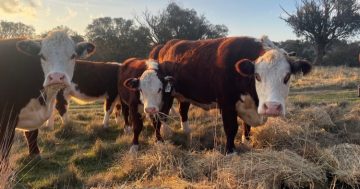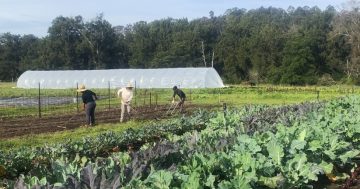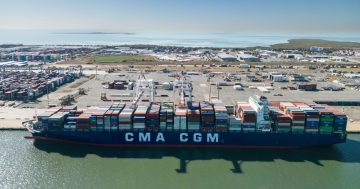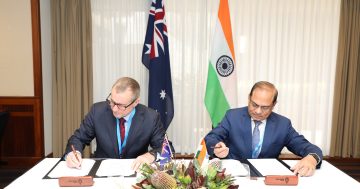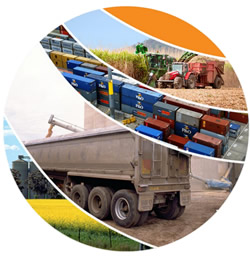 New research by the Australian Bureau of Agricultural and Resource Economics and Sciences (ABARES) has revealed that economies, and agriculture in particular, are better off when involved in international trade than when affected by trade barriers or subsidies.
New research by the Australian Bureau of Agricultural and Resource Economics and Sciences (ABARES) has revealed that economies, and agriculture in particular, are better off when involved in international trade than when affected by trade barriers or subsidies.
In its report Understanding effects of supply disruptions on globally and locally focused economies, ABARES examines the effects of exposure to the global market on supply chains, as well as the risks and shocks of this exposure.
Acting Executive Director of ABARES, Jared Greenville said the Report found that an interconnected, open global trading system with global supply chains was better for Australian agriculture, the broader Australian economy and the world in terms of real gross domestic product (GDP).
“The results may be surprising,” Dr Greenville said.
“One of the many effects of the COVID-19 pandemic was that it opened the conversation around the risks of global trade and potential disruptions,” he said.
“Domestic protections like trade barriers or subsidies might sound appealing, especially in a crisis, because they encourage domestic production but they actually make economies weaker and create longer run costs for the economy.”
Dr Greenville said there was a cost to moving to a protected economy, and it also came at the expense of growth.
“Not only does protectionism prohibit growth and cost the Government money, we’ve found that it doesn’t really protect that much,” he said.
“For Australia, protectionist measures would only marginally reduce the impact on GDP in a pandemic-like event, but they have the potential to cost the economy $1 trillion over 30 years; there are better insurance policies out there.”
He said that in order to grow local supply chains and production, protectionist trade and domestic support policies should be avoided with the focus instead on enhancing competitiveness.
Dr Greenville said Australia’s agriculture sector was export-orientated and heavily exposed to international markets, with around 70 per cent of agricultural produce exported.
“For Australia’s producers, exposure to global value chains proved to be better for market resilience,” he said.
ABARES’s 23-page Report can be accessed at this PS News link.


